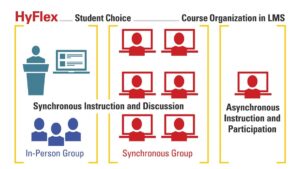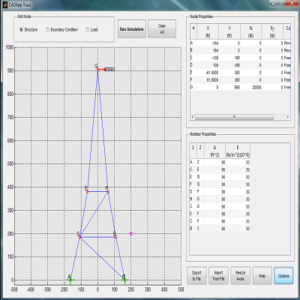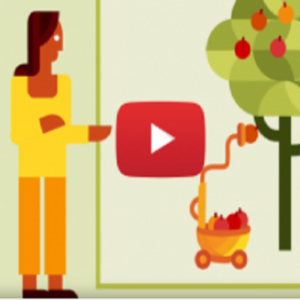My research has been focused on Computer Science Education, especially in the area of academic help-seeking, peer collaboration, scaling techniques for large courses, auto-graders, and learning analytics. Additionally, I am developing software for teaching and learning purposes.
I am also investigating techniques and best practices for broadening participation in Computer Science. Engaging individuals from diverse backgrounds in tech, including women, minorities, and underrepresented groups, will lead to a diversity of perspectives and more innovative tech solutions. Additionally, it helps address bias in technology and ensures that products and services are inclusive and equitable.
I have also done research in the area of Optical Networks, Cloud Networking, the Internet Of Things, Software Defined Networks, and the design and performance evaluation of networking architectures and protocols.

|
[2019-Present] Academic Help-Seeking
This research is focused on academic help-seeking habits of students in Computer Science courses. It aims to recruit and prepare undergraduate near-peers as Peer Teaching Fellows (PTFs) to provide scalable, high-quality support for students across computing pathways. NSF Award #1934975: CUE: Collaborative Research: Effective Peer Teaching Across Computing Pathways |

|
[2018-Present] Increasing self-assessment leads to intentions to persistence in CS
This research aims to serve the national interest in high-quality STEM education by studying an intervention designed to improve persistence of women in computer science. Engaging all people in learning about STEM, particularly computer science, is important for innovation, global competitiveness, and preparation for future careers that increasingly rely on computing. NSF Award 2021330: Analysis of a Simple, Low-cost Intervention’s Impact on Retention of Women in Computer Science |

|
[2021-Present] BlendFlex and Hyflex Mode of Delivery
BlendFlex and HyFlex (Hybrid Flexible) instruction allows students to choose their mode of learning while maintaining the quality of their experience irrespective of their choice of mode. Students have a choice to attend class in-person or online synchronously as well as they can keep up with the class asynchronously. Collaboration with Sarah Khan (Department of Business Management at NC State) and Elaine Bohorquez (Physiology Graduate Program at NC State) |

|
[2015-2017] Peer Collaboration as a Teaching Strategy
Exploring peer help, efficiencies and best practices for teaching CS courses. I am studying peer collaboration as an aid to students in CS classes. In addition to the well-researched Peer Instruction and Pair Programming, I have studied Organized Study Hours and Two-Stage Submissions. |

|
[2013-2019] CAD Apps are MATLAB Apps for Computer Aided Design for Core Courses in Aerospace and Mechanical Engineering Curricula.
CAD APPS is a set of Computer Aided Design (CAD) and Exploration Applications (APPS) that were developed for undergraduate Mechanical and Aerospace Engineering (MAE) students. The CAP APPS solve problems that are typically found in MAE courses. The CAD APPS have also been found to be useful to high school students, graduate students, and others. |
 |
[2015-2016] NCSU’s TH!NK initiative designed to cultivate students’ higher order skills in critical and creative thinking
As a TH!NK Faculty I implemented strategies into my courses that provided my students opportunities to develop and receive feedback on their higher-order thinking skills in introductory Computer Science Courses: code-reviews, discussion activities to teach critical& creative skills, self-reflections and open-ended projects. |